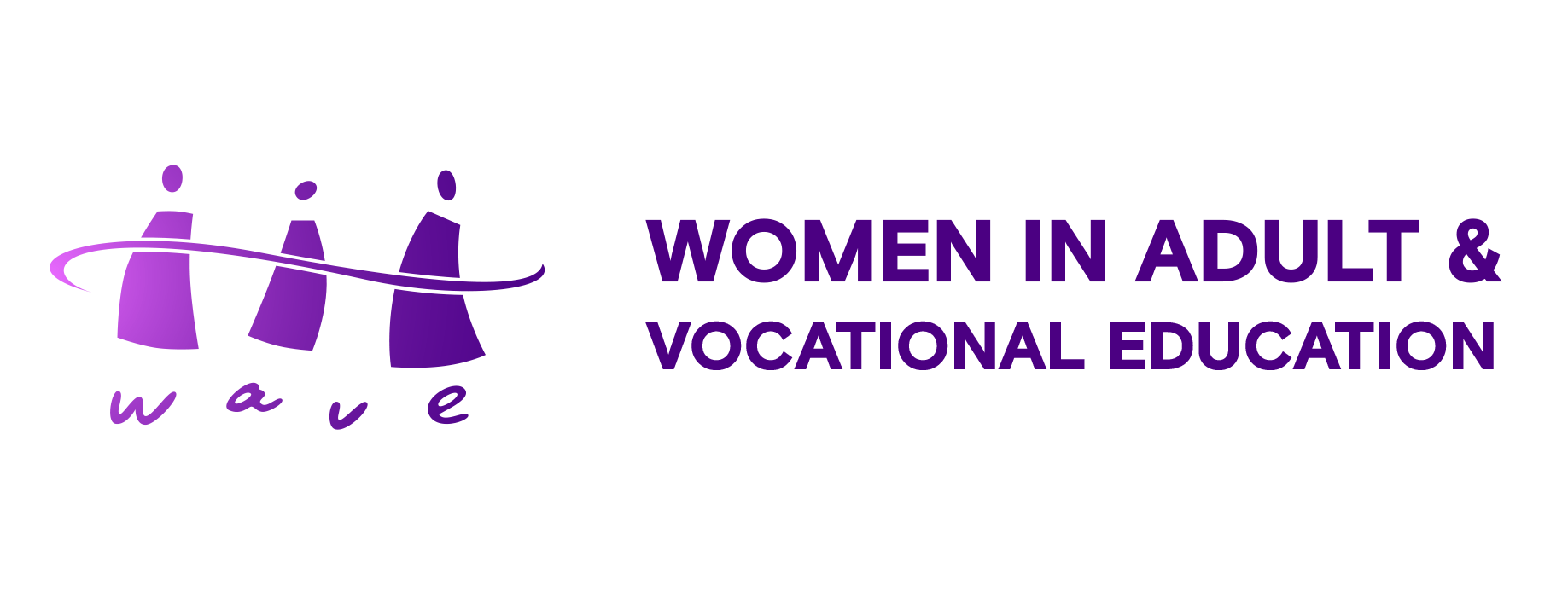
04 Jun The importance of vocational learning and professional development for women during uncertain economic times.
In times of economic uncertainty, the need for continuous learning and professional development becomes more pronounced, particularly for women who might face additional barriers in the workplace. Vocational learning and professional development serve not only as tools for personal advancement but also as mechanisms for economic resilience.
During economic downturns, the job market becomes increasingly competitive. Vocational education, which focuses on imparting practical and technical skills, can equip women with specific competencies that are often in demand in the workplace. This type of education is closely aligned with the needs of the job market, thereby enhancing employability and improving opportunity for career progression.
The most in-demand skills in Australia are:
- Healthcare: roles with high demand include healthcare professionals.
- Construction: in-demand occupations and skills include construction workers.
- Accountancy and finance: in-demand skills include accountancy and finance.
- Information technology: in-demand skills include software operations support, web/software/game development, cloud architecture, and cyber security/cyber forensics.
- Education: there is a shortage of professionals in the education sector.
This demand can arise due to a number of influences, high attrition rates, industry growth outpacing workforce supply, regional and remote workforce barriers. Recent news has highlighted the challenges attracting teachers and cuts to school funding.
Technicians and Trade Workers, and Professional occupations (health, engineering, information communication technology (ICT) and science roles) have the highest shortages, particularly in regional and remote areas (Jobs and Skills Australia, The 2023 Skills Priority List)
Vocational training plays a big part in preparing people for work in these fields of study.
Vocational training also plays a critical role in bridging the gender gap in traditionally male-dominated industries such as construction, engineering, and IT. Encouraging women to enter these fields through targeted vocational programs not only helps in mitigating gender disparity but also diversifies the talent pool, which is crucial for fostering innovation and economic growth. Women’s participation in these sectors can lead to more inclusive workplace cultures and break long-standing stereotypes, paving the way for future generations.
Professional development is key to achieving higher levels of economic independence.
By continuously upgrading their skills and knowledge, women can move through various career paths and take on leadership roles. This is especially vital in uncertain economic times when organisations must adapt to rapidly changing environments. Women who invest in their professional development are better prepared to handle such transitions, advocate for their worth in the workplace, and negotiate better salaries and job security.
Professional development courses and vocational training often provide platforms for networking. These connections can be invaluable, especially when job prospects are bleak. Networks can offer support, mentorship, and information about upcoming opportunities that might not be widely advertised. For women, who may sometimes face greater professional isolation, especially in male-dominated fields, these networks can be a critical resource.
A commitment to lifelong learning through continuous professional development empowers women by fostering a mindset geared towards growth and adaptability.
This approach not only benefits individual career trajectories but also contributes broadly to the stability and resilience of economies. Educated and empowered women are better equipped to support their families and contribute to their communities, creating a multiplier effect that benefits society as a whole.
To summarise, vocational learning and professional development are crucial, particularly for women during uncertain economic times. They provide the skills necessary for adaptation and competition in a tough job market, help bridge the gender gap in various industries, promote economic independence, and foster a network of support and growth. Investing in women’s vocational and professional development is not just about personal advancement; it is about building a resilient economy equipped to face the challenges of the future.
Further Information:
Some options for women wishing to reconnect with vocational learning.
Courses: Enrol in an online industry course, platforms like Coursera, Udemy, FutureLearn, and LinkedIn Learning offer a wealth of knowledge, along with industry and work focussed Microcredentials through TAFEs such as TAFE Queensland, and accredited Vocational Education & Training (VET) courses through registered training providers, visit training.gov.au for links to state and territory information.
Workshops & Seminars: Attend events in your community or online to stay updated and network. For example, Women in Adult and Vocational Education runs Lunchbox Webinars.
Reading & Research: Dive into industry and work focussed books, articles, podcasts and research papers to expand your horizons. For example, ABC Listen has a podcast This Working Life, which looks at how we work and why we work. It explores ideas that are shaping changes in workplaces from practices to culture and leadership and introduces you to people who have interesting and remarkable stories to tell.
Mentorship: Seek mentors and be a mentor. Sharing knowledge enriches everyone. For example, the Australian Institute of Training & Development (AITD) offer a Mentorship program for members.
Whatever you do, take that first step today.
Debra Parker FAITD (she/her) Committee Member, WAVE


